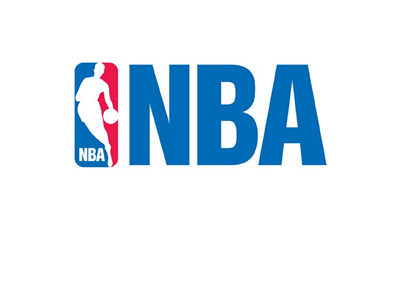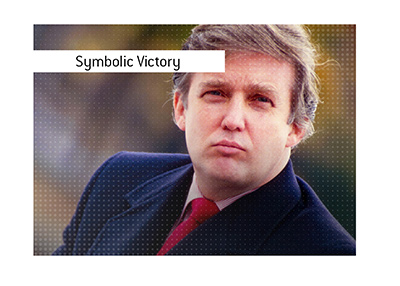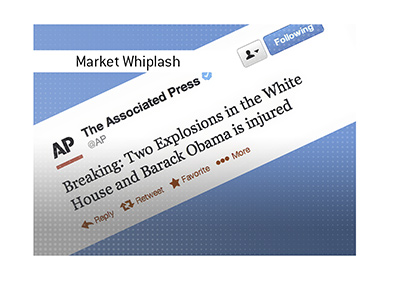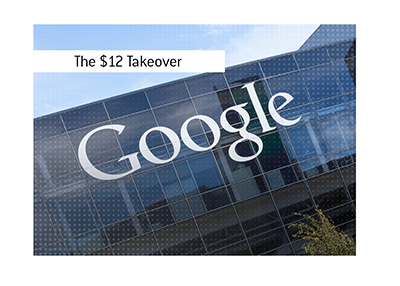Both NBA and NBPA Have Ability To Opt Out of Current Deal After Coming Season
 If you follow the NBA, you know that the current round of free agency has produced some incredible contracts.
If you follow the NBA, you know that the current round of free agency has produced some incredible contracts. The Memphis Grizzlies gave Mike Conley a 5 year, $153 million contract, which is the biggest contract EVER in the history of the league. Based on the way that the league's collective bargaining agreement (CBA) is structured, talented players who have played the entirety of their careers with the same club stand to make unbelievable amounts of money if they choose to re-sign with the same team. Conley, who has played with the Memphis Grizzlies for the entirety of his career, cashed in to such an extent because he has only played for one team.
Timofey Mozgov, who averaged 6 points per game with the Cleveland Cavaliers last season, signed a deal with the Los Angeles Lakers that will pay him $16 million per year for the next four years. This means that Mozgov will be making more than Steph Curry next season.
The list goes on and on. According to the terms of the CBA that started during the 2011-12 season, the salary cap is set by multiplying "Basketball Related Income" by 44.74%, subtracting player benefits and then dividing by 30.
The salary cap for the 2014-15 season was $63.065 million. For the 2016-17 season, the cap is set at $94.143 million, thanks to lucrative new TV deals that will infuse $2.5 billion into the league's coffers.
With the calculation of max deals being tied to the size of the salary cap, players are able to collect massive contracts. LeBron James has signed 2 year deals with the ability to opt out after a year since returning to the Cleveland Cavaliers because he is acutely aware of the fact that the new TV deals will dramatically increase his earning potential going forward. Why would he lock himself into a long-term deal when the salary cap was projected to increase so dramatically?
-
All of these lucrative contracts are great for the players, though there is almost certainly a work stoppage approaching next fall.
According to the terms of the CBA, either side can opt out of the deal after the sixth season of the deal, starting on June 30th, 2017. There is zero chance that neither side will elect to opt out of the deal - most believe that the owners will opt out and lock out the players.
During the last negotiation, the NBA and its owners said that the current deal was necessary in order to maintain the financial health of the league, as many league owners were reportedly losing money. A few years after the deal was signed, Steve Ballmer purchased the Los Angeles Clippers for $2 billion, which sent team values across the league soaring. With the signing of the new TV deals, as well as the current regional TV deals (the Los Angeles Lakers, for instance, signed a 20 year deal with Time Warner Cable that will be worth at least $4 billion over the life of the deal), players are now scoffing at the idea that the league's owners are struggling.
The NBA's new player union chief, Michele Roberts, has gone on record trashing a number of the CBA's most important features, namely the use of a salary cap. Roberts has said that a salary cap is "Un-American". She has also gone on record as panning max contracts and the rookie wage scale. Why should LeBron James, Michele Roberts is saying, who makes the league hundreds of millions of dollars every year, have his salary suppressed?
The league's biggest players, including LeBron James, seem to be on board with Roberts as well. Here is what James had to say about the last CBA deal:
"The whole thing that went on with the last negotiation process was the owners was telling us that they were losing money. There's no way they can sit in front of us and tell us that right now."
-
In short, NBA fans can safely assume that there will be some sort of work stoppage for the 2017-18 NBA season, as both sides are likely going to be digging in their heels, given the amount of money that is at stake.
Filed under: General Knowledge



